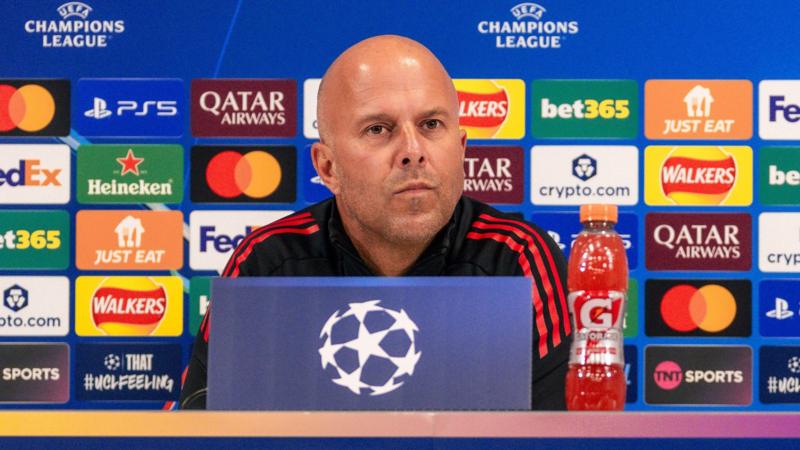Experts Slam Bias as Clubs Spend £450M in Fierce Competition - Slot




Arne Slot, the newly appointed manager of Liverpool Football Club, recently spoke out about the criticism his club has received from various football pundits regarding their spending over the summer transfer window. The comments from Slot have stirred conversations across football circles, touching on biases in sports journalism and punditry.
As Liverpool continues its quest to regain its stature among the elite of European football, their transfer activities invariably attract attention. This summer was particularly notable with the club bringing in several promising talents. However, it was their expenditure that caught the eye, sparking debates about sustainability and fairness, especially given the economic strains many clubs face due to the ongoing recovery from the pandemic impacts.
Manager Arne Slot, who took the helm at Liverpool following his successful stint at Feyenoord, expressed his discontent during a recent press conference. He suggested that some of the criticism leveled at Liverpool might be influenced by pundits’ allegiances to other clubs. His comments highlight a common perception of partiality in sports media which, according to Slot, can affect public sentiment and potentially impact the morale within club camps.
The issue of media bias is not new in sports. It is a natural outcome in a field driven by passionate support for teams, which often extends into the media. Former players and long-time fans frequently occupy pundit positions, bringing with them their loyalties. However, as Slot points out, it becomes problematic when such biases lead to unbalanced criticism or scrutiny, adding pressure on certain clubs while letting others off relatively lightly.
Analyzing Liverpool's summer signings, the club has indeed been active, bringing in a mix of youth and experience aimed at bolstering the squad across all departments. Investments in young talent suggest a long-term strategy by the club, nurturing future stars who can sustain performance across ensuing seasons. This strategic planning demonstrates a commitment to building a balanced team, rather than making impulsive acquisitions for immediate but fleeting success.
In contrast to Liverpool's approach, several other clubs have either held back from spending due to financial constraints or splurged heavily in hopes of instant success. This dynamic adds another layer of complexity to the criticism Liverpool faces; is the scrutiny because of their spending in absolute terms, or is it about the perceived effectiveness and strategy behind the expenditures?
From a broader perspective, the concerns raised by Arne Slot also invite questions about the role of pundits in shaping narratives in sports. While debate and differing viewpoints are necessary for the vibrant discourse that surrounds football, there is a fine line between critique grounded in analysis and criticism that veers into partiality. The latter may serve to distort the public’s understanding and appreciation of the strategies employed by clubs in the highly competitive and financially strenuous landscape of modern football.
As the new season unfolds, it will be interesting to observe how Liverpool’s investment decisions play out on the football pitch. Success, after all, is the ultimate test of strategy in sports. For Arne Slot and his team, the focus will remain on integrating the new players with the existing squad and extracting the best performance from this blended group of talents. Meanwhile, the debate on pundit partiality and media bias in sports is likely to continue, prompting a necessary reexamination of how the narratives around football are crafted and conveyed.
These discussions, spurred by comments from personalities like Arne Slot, are crucial as they challenge the status quo and encourage a more reflective, equitable approach to football journalism. With the spotlight now firmly on how clubs are scrutinized and discussed in the media, only time will tell if this leads to any shift in the commentary landscape, balancing fervent support with fair analysis. Whether these changes will take root, however, remains to be seen in seasons to come.